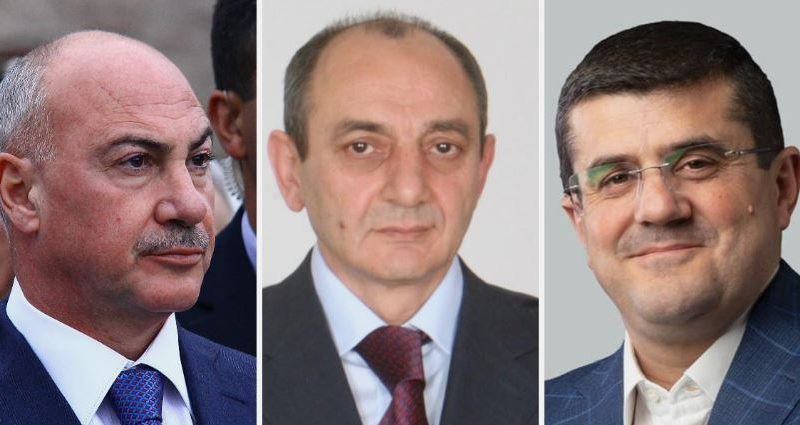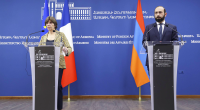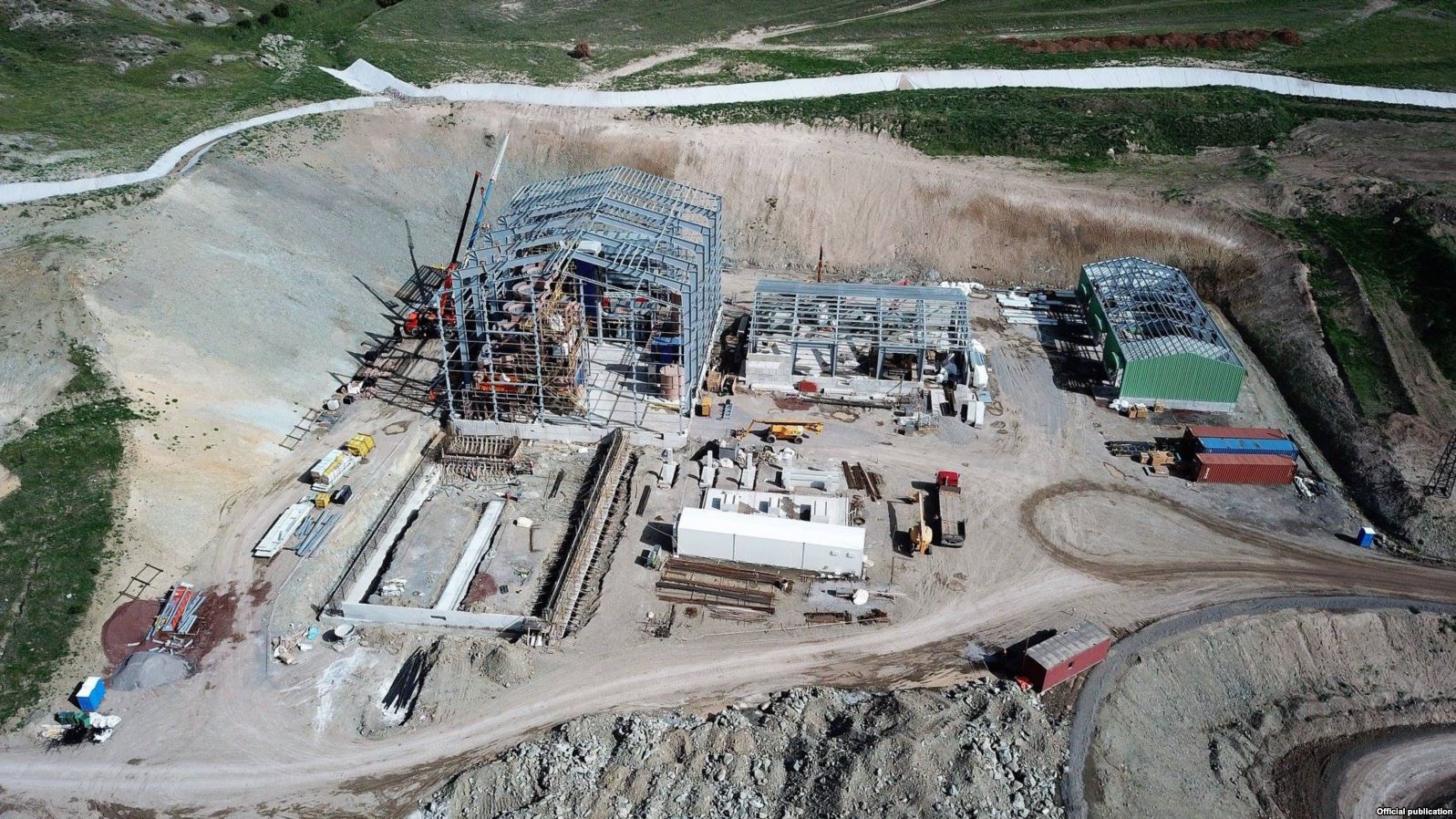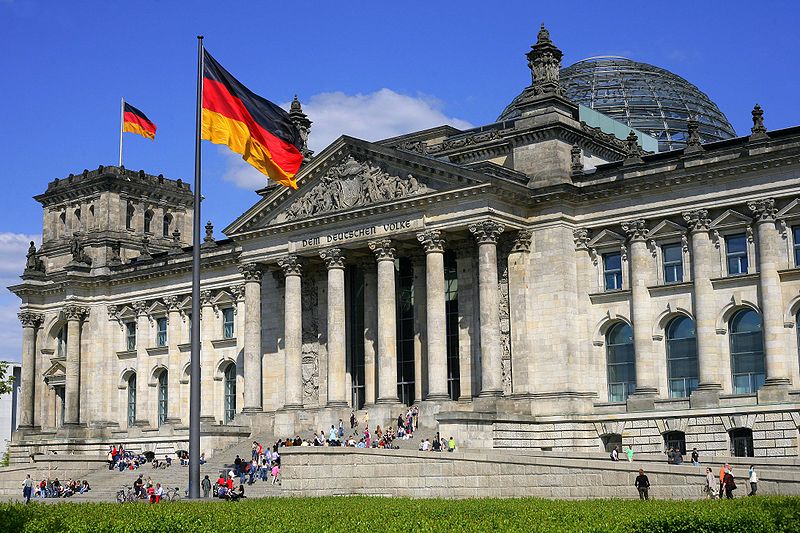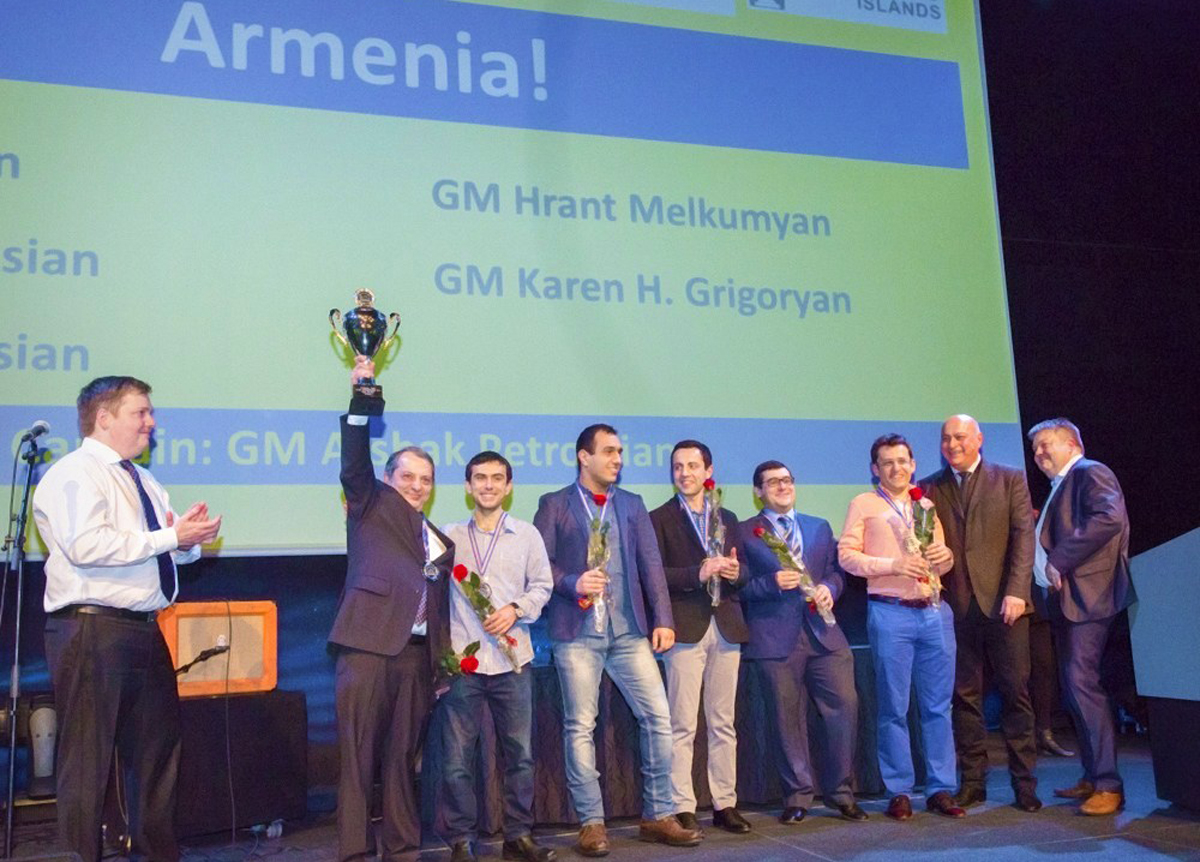Azerbaijan has reportedly arrested three former presidents of Nagorno-Karabakh republic and the current speaker of the local legislature on Tuesday as they continued their takeover of the depopulated region.
They confirmed Azerbaijani media reports that two of the former presidents, Arkadi Ghukasyan and Bako Sahakyan, as well as speaker Davit Ishkhanyan have already been transported to Baku, while the third ex-president, Arayik Harutyunyan, is on his way to the Azerbaijani capital. There was no such confirmation from Karabakh or Armenian sources.
Harutyunyan resigned three weeks before Azerbaijan launched on September 19 a military offensive that forced Karabakh to disband its government and army, paving the way for Azerbaijani control over the territory. His successor, Samvel Shahramanyan, reportedly negotiated with Baku in recent days, trying to convince it to let the three ex-presidents and other Karabakh leaders go to Armenia.
Shahramanyan’s chief of staff as well as Karabakh’s current premier Artur Harutyunyan, interior minister and security service chief were allowed to cross into Armenia through an Azerbaijani checkpoint in the Lachin corridor earlier in the day. Harutyunyan told RFE/RL’s Armenian Service that when they headed to the Armenian border the ex-presidents were still in Stepanakert. He said nothing about Shahramanyan’s whereabouts.
Karabakh’s former premier Ruben Vardanyan, former Foreign Minister Davit Babayan, former army commander Levon Mnatsakanyan and his ex-deputy Davit Manukian were arrested by Azerbaijani security forces while travelling to Armenia through the Lachin corridor last week. They are now facing various “terrorism” charges carrying long prison sentences. Azerbaijan’s prosecutor-general said on Sunday that Baku also wants to arrest and prosecute about 300 other current or former political and military leaders of Karabakh.
Prime Minister Nikol Pashinian condemned the “illegal arrests” when he met with France’s visiting Foreign Minister Catherine Colonna late on Tuesday. He said this issue should also be “at the center of international attention.”

